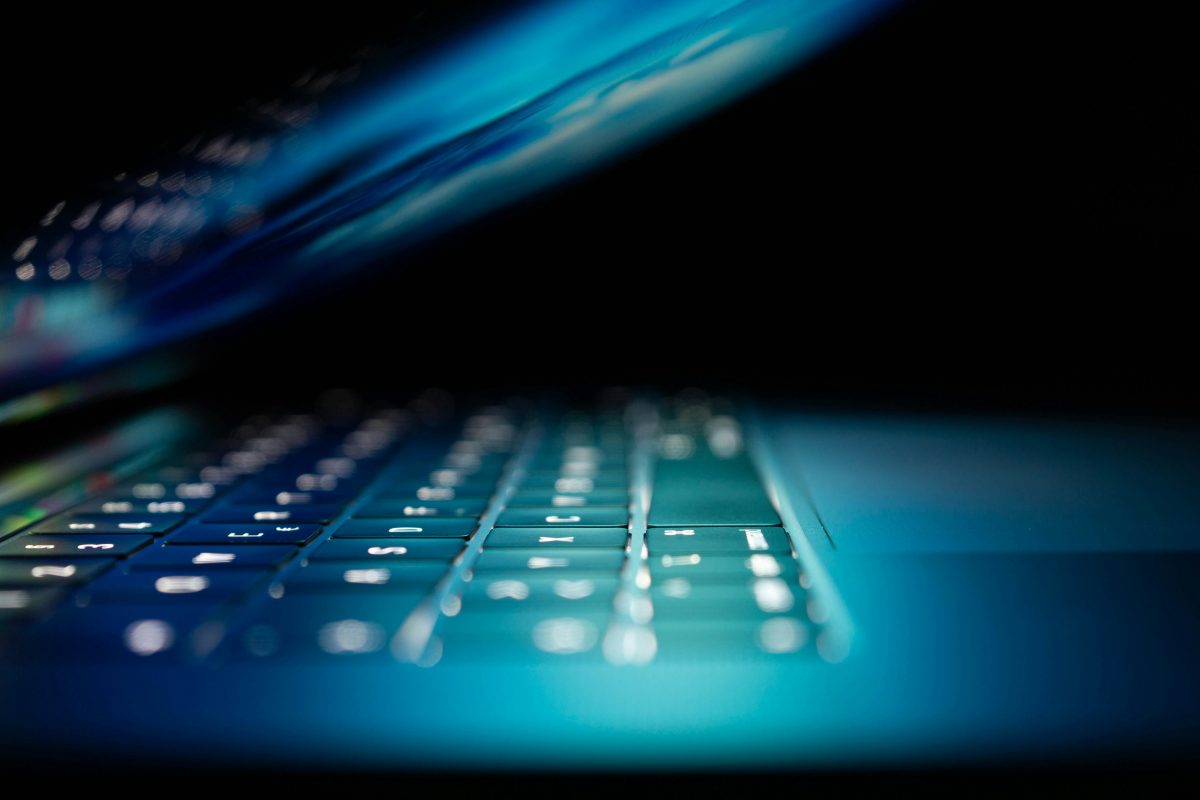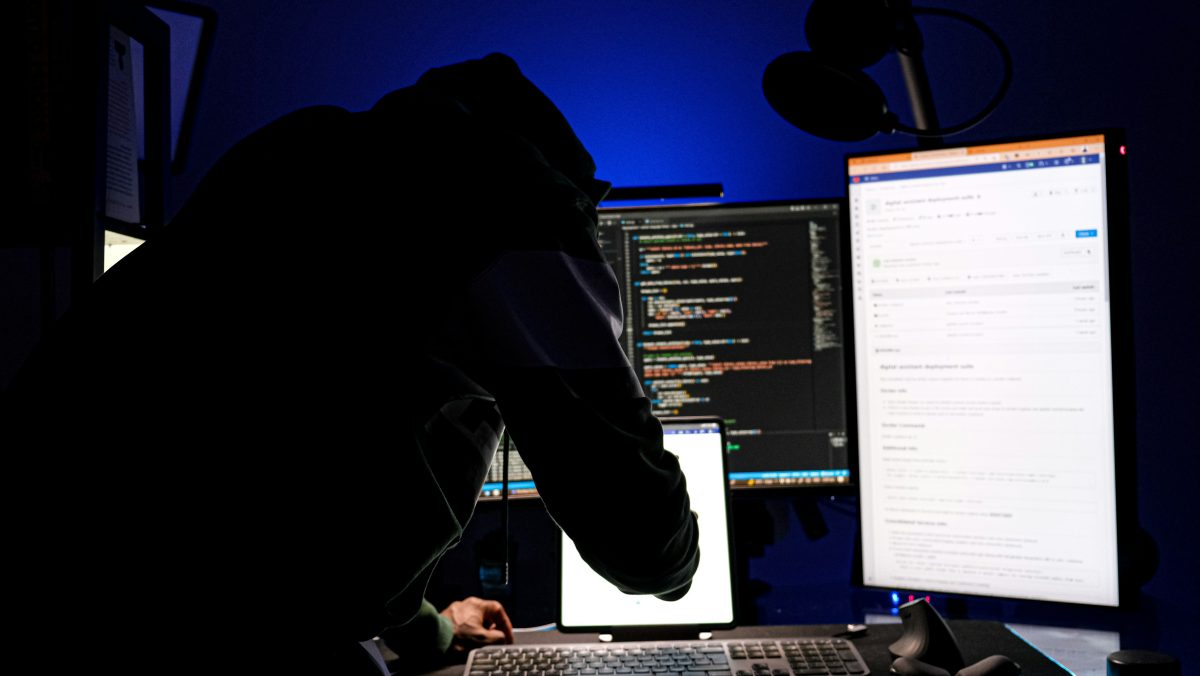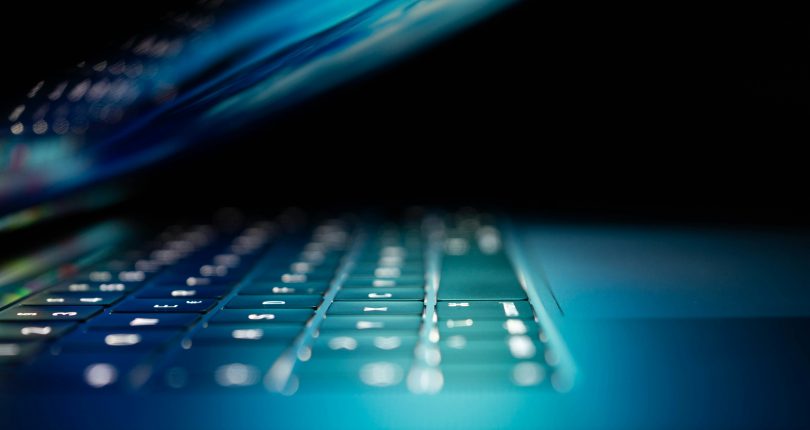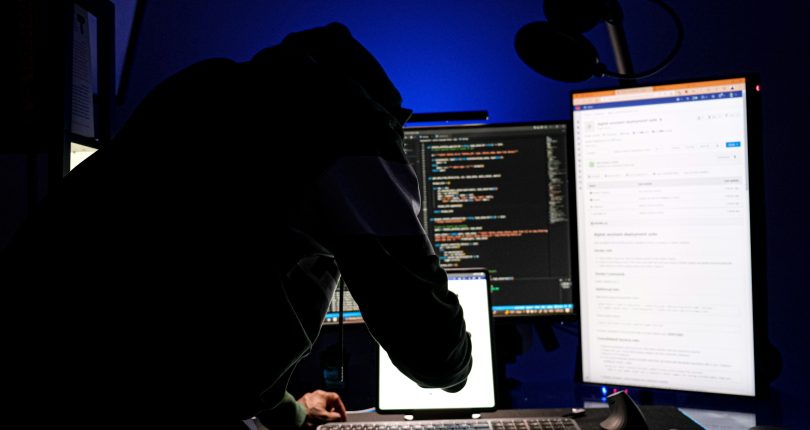Why is two-factor authentication – or 2FA – so important for securing your data?
Robust cyber security can save UK businesses hundreds of thousands of pounds. Security breaches and data theft are impacting businesses more than ever, with some cases responsible for closures. …
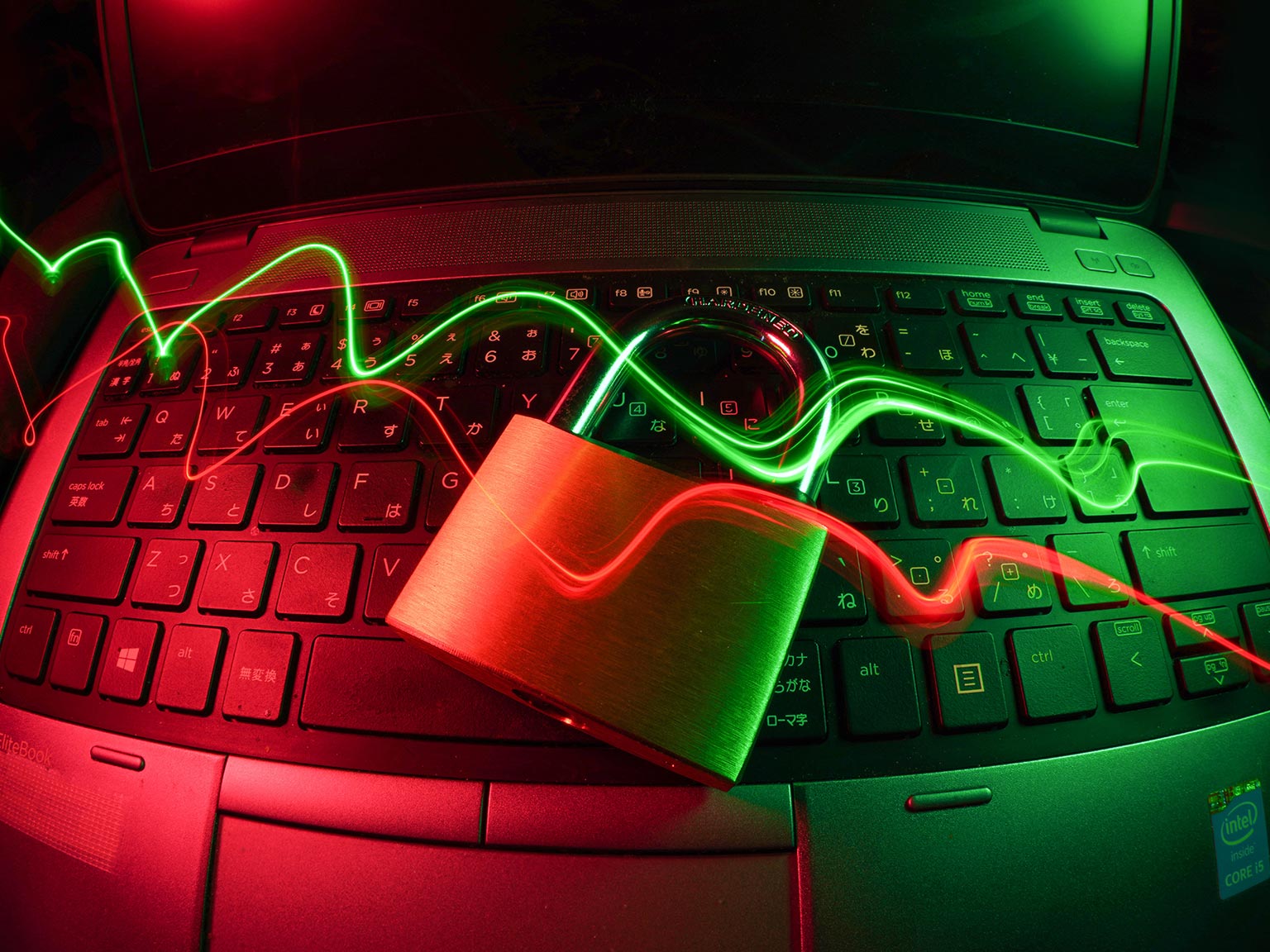
With data breaches being far more commonplace than any of us would like, all businesses need cyber security whether they trade online or not. Not only can these attacks harm you and your customers, but they can also cause irreparable damage to the reputation of your business.
So, what can you do to protect your business from a cyber attack? You get E2E to assess your business to identify areas of concern, and install a super-robust cyber security system that uses the latest security technology. Sorted?
Yes… and no!
Yes, the system will be the dog’s danglies, but cyber security moves on quickly, so is never really ‘done’. And that’s exactly why we continually monitor our customer accounts for new developments!
For an even smarter, proactive approach, there are additional processes you can put in place yourself to add even more layers of security. One such process is two-factor authentication, also known as 2FA.
What is two-factor authentication, or 2FA?
Two-factor authentication is a digital authentication process that requires users to provide two different types of authentication to gain access to tools such as websites, networks and apps. It replaces the standard system of providing a password in a single step to gain access.
A second authentication in addition to the password can be implemented in a variety of forms, such as a numeric code, an email verification, fingerprint or facial recognition. There are also 2FA apps that provide that second level of authentication.
Usually, the 2FA layer of security will fall under one of the following categories:
- Knowledge – something only you will know such as answers to security questions
- Possession – something you have such as a phone app, a hardware security token, or an ID card
- Inheritance – something you are, also known as biometric data, such as fingerprints, retina scans or facial scans
An online account without two-factor authentication usually asks you to provide your username and password. While this requires two pieces of information, these are both factors that you know, so they don’t fall under the 2FA criteria.
Why is two-factor authentication, or 2FA, so important for businesses?
Two-factor authentication adds a layer of security to passwords. On its own, a password can be weak and therefore easy to break, known by more than one person which dilutes its strength, unsafely shared with other people, or gifted to hackers in a data breach.
Best practices for the handling of passwords are also often ignored which adds to their weakness and makes them more penetrable.
When a company experiences a data breach, passwords and personal information are at risk of being compromised. If your company uses two-factor authentication, the hacker will need to know passwords and be able to complete the 2FA to access your data and/or your customers’ accounts. As the 2FA process is conducted outside of the information they have, they quite simply can’t access the data.
Phishing attacks are also thwarted by two-factor authentication. Phishing is when a hacker sends an email, instant message or text message, pretending to be a legitimate company. It dupes the recipient into clicking on a harmful link that will download malware or send them to a dodgy site. With a 2FA process in place, even if you, your staff or customers fall for the scam and download the link, the hacker will still need that second authentication to access valuable data.
Two-factor authentication is also instrumental in combatting Spyware breaches. Spyware is a malicious software that basically spies on your activity to steal your data and identity. It can record everything you type and send the information to hackers, which will obviously include usernames and passwords. The 2FA layer can’t be seen and accessed by Spyware software.
Essentially, if hackers get hold of your password, but you have a two-factor authentication system in place, your account and all the data it holds is safe. As a business, this means that your customers are also safe which is essential for your reputation as a trusted brand.
Get in touch with the E2E team if you have any questions about 2FA or if you’d like to find out more about our cyber security and safeguarding services.
